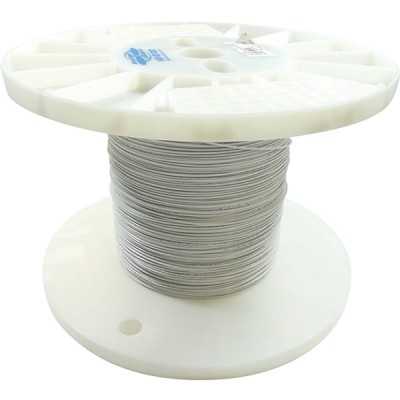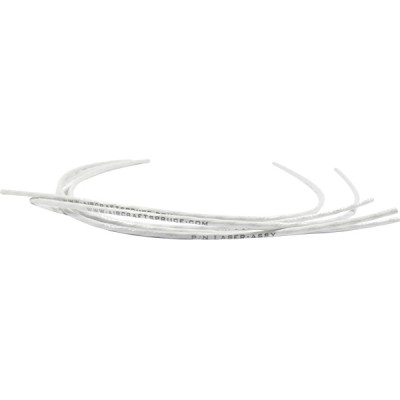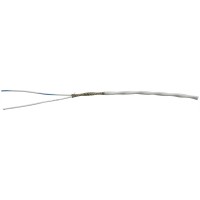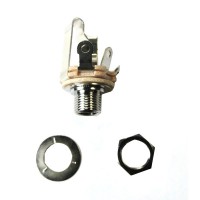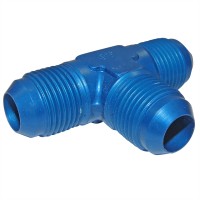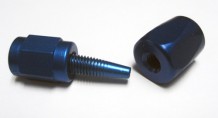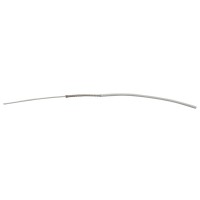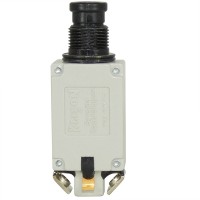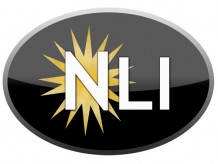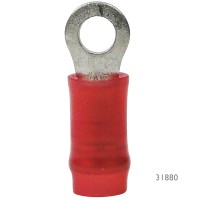1-877-795-2278 | info@aircraftspruce.ca
Aircraft Spruce Canada
Brantford, ON Canada
Corona, CA | Peachtree City, GA
Chicago, IL | Wasilla, AK
Aircraft Spruce Canada
Brantford, ON Canada
Corona, CA | Peachtree City, GA
Chicago, IL | Wasilla, AK
THE AVIATION SUPERSTORE FOR ALL YOUR AIRCRAFT & PILOT NEEDS | 877-795-2278
Unshielded 20GA White Wire M22759/16-20-9 (1000 Foot Spool)
$1058.00/Spool
Part# 11-14520-1000
MFR Model# M22759/16-20-9
MFR Model# M22759/16-20-9
| Mil-Spec | Wire Gauge | Color | Part # 500 Ft | Part # 1000 Ft |
|---|---|---|---|---|
| M22759/16-20-9 | 20 | White | 11-14520-1000 | 11-14520-1000 |
Overview
|
For many years the standard hookup wire in light aircraft has been MIL-W-5086A, which calls for use of tin-coated copper conductor rated at 600 volts and temperatures of 105 DEG C. This basic wire is then coated with various insulating coatings including PVC. There has been much discussion during the past few years about the use of wire with PVC in aircraft. The Air Force does not permit such wire to be used in military aircraft due to the toxic fumes generated in the event of a fire which can disable the crew. Although there is no formal restriction on the use of MIL-W-5086A wire as of early 1991, as our supplies of MIL-W-5086A wire are depleted we will now be supplying MIL-W-22759/16 wire which complies with current military and anticipated future FAA requirements. This top quality aircraft unshielded wire is manufactured to Specification MIL-W-22759/16. It features standard tin-plated copper conductor and is insulated with extruded Tefzel (ethylene/tetrafluorbethylene) which has a maximum temperature rating of 150 DEG C. This wire is rated for 600 volts. Colors: white, Black, Blue, Green, Red, Yellow, and Striped |
Reviews
good
Safir D
 Verified Purchase
Verified Purchase
Unshielded 20GA White Wire M22759/16-20-9 (1000 Foot Spool)
October 15, 2024
Q&A
Please note, Aircraft Spruce Canada's personnel are not certified aircraft mechanics and can only provide general support and ideas, which should not be relied upon or implemented in lieu of consulting an A&P or other qualified technician. Aircraft Spruce Canada assumes no responsibility or liability for any issue or problem which may arise from any repair, modification or other work done from this knowledge base. Any product eligibility information provided here is based on general application guides and we recommend always referring to your specific aircraft parts manual, the parts manufacturer or consulting with a qualified mechanic.

 Aircraft Spruce Canada
Aircraft Spruce Canada
